Anthony Albanese to be first foreign leader to address Papua New Guinea parliament
Anthony Albanese will be granted an unprecedented address to Papua New Guinea’s parliament during a visit to Port Moresby next week.
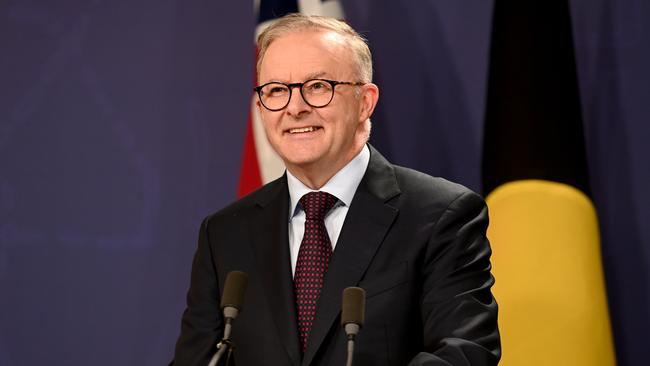
Anthony Albanese will be granted an unprecedented address to Papua New Guinea’s parliament during a visit to Port Moresby next week, as he faces calls from PNG counterpart James Marape for budget support and more training for the country’s police.
A defence treaty between the countries is also likely to be progressed, but PNG’s Lombrum Naval Base will remain predominantly for the country’s own use, despite visions for a “joint facility” with Australia and the US.
In an exclusive interview with The Australian, PNG Foreign Minister Justin Tkatchenko said Mr Marape would request more “capacity building” support for PNG’s police force, which is struggling to cope with violent crime and tribal warfare.
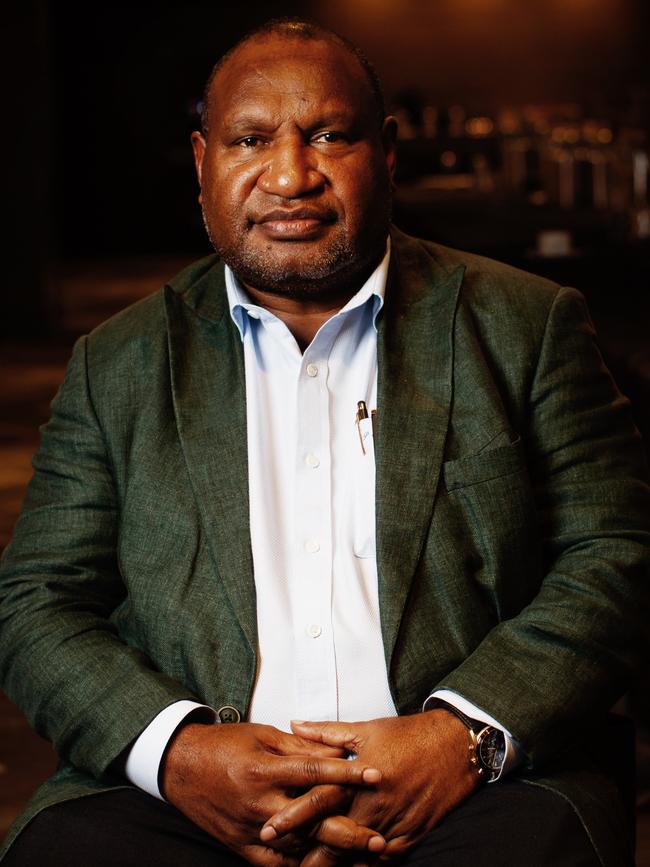
Mr Tkatchenko said PNG – Australia’s closest neighbour and biggest aid recipient – would also urge the Albanese government to focus its development assistance on “big ticket” health and education programs after years of Australian support for underperforming “governance” initiatives.
The Prime Minister’s January 12-13 trip will include a visit to Wewak, in East Sepik Province, to visit the grave of PNG’s founding prime minister, Sir Michael Somare. Mr Albanese will also visit Australian Defence Force personnel at the province’s Moem Barracks, which Australia is upgrading under the nations’ defence partnership.
Mr Tkatchenko said Mr Albanese was the first foreign leader to be offered an address to PNG’s parliament, reflecting the strength of the countries’ relationship, which he declared “couldn’t be better”.
Australia will provide $602m in development assistance to PNG in 2022-23, and has assisted the country with about $1.2bn in budget support loans since 2019.
Mr Tkatchenko said PNG would seek a new loan this year to supplement the country’s ailing budget, amid surging inflation and stagnant foreign investment.
“We’re working closely with the IMF, and our Treasurer will be working with the Australian government on that,” he said.
“We’ll be definitely looking for budget support going forward to enhance our budget capacity for 2023.”
Australia and PNG have been negotiating a new defence treaty, which is likely to offer new security co-operation guarantees and include a package of hardware and training support.
Mr Tkatchenko stopped short of confirming whether the treaty would be signed by the leaders, saying only that “we should have some understanding on that”.
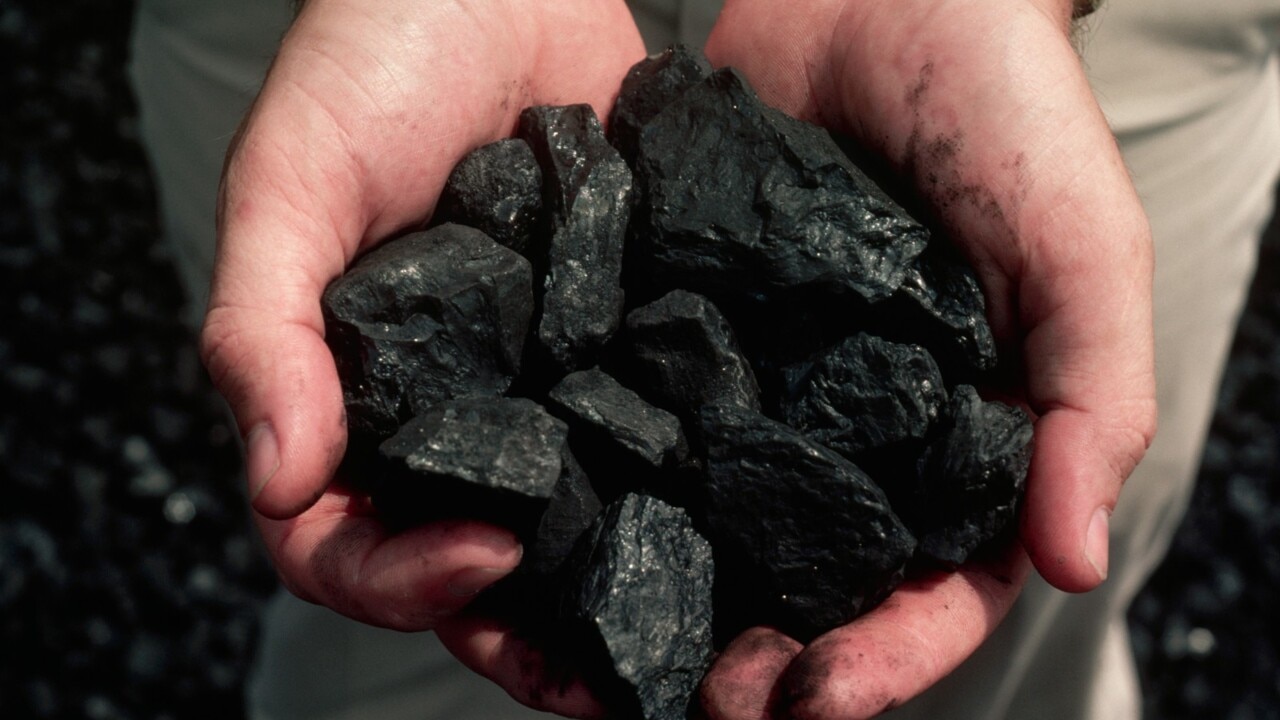
“We've already had all our senior officials go to Canberra in December to discuss this and finalise the details, which is with the Attorney-General and the State Solicitor,” he said.
Australia is undertaking a $175m upgrade of the Lombrum Naval Base on Manus Island, after an agreement at the 2018 APEC summit to redevelop the strategically located deepwater port. But, despite Australian and US support for the initiative, Mr Tkatchenko said there were no plans for a more significant expansion of the base to accommodate Australian and US ships, as had been previously speculated.
“At this point of time, it will be only for PNG Defence Force usage,” he said. “But if Australian vessels want to come in for fuel or to go from port to port, they can access those facilities.”
The base, which has a commanding view of the naval approaches to Australia, is home to PNG’s Australian-donated Guardian-class patrol boats.
When Australia and the US agreed to jointly redevelop the facility, the allies blocked Chinese efforts to gain a foothold there while retaining the possibility it might be used by allied forces in a future war.
Mr Tkatchenko said China was PNG’s biggest trading partner “and we give them that respect”. But he said Australia, New Zealand and the US were PNG’s closest defence partners, and it was increasingly co-operating on security issues with Indonesia, due to their common border.
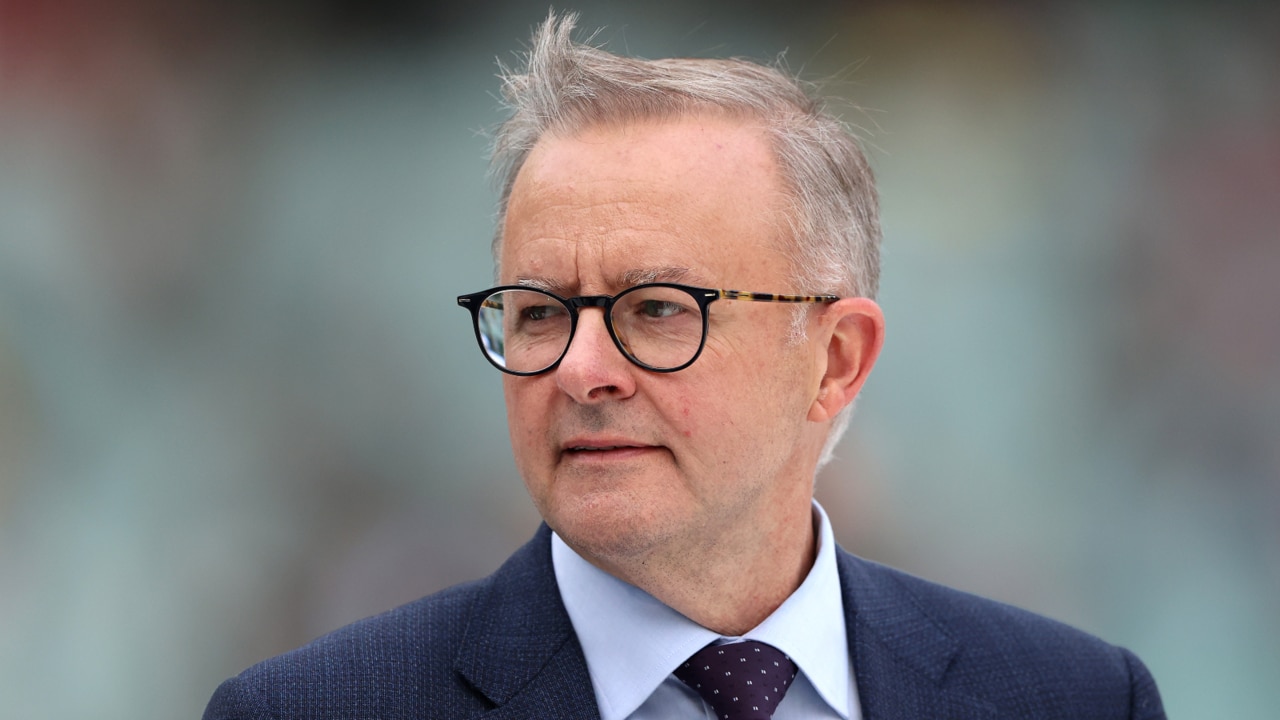
Australia has about 40 Australian Federal Police stationed in PNG supporting the countries’ police co-operation program, amid a wave of gang violence, attacks on women and children, and tribal fighting in the remote highlands provinces. Mr Tkatchenko indicated Mr Marape would seek an expansion of the program, to help the Royal PNG Constabulary build cases that would stand up in court.
“Our police are very good at getting the arrest done, but I think the problem that we have in PNG is in concluding the process, and making sure that that person ends up in jail and gets the full force of the law put upon them,” he said.
Mr Tkatchenko said the PNG public “does not have much confidence and trust in the police because when they catch the culprit, he’s out the next day”.
The upcoming trip follows a new UN study that found PNG could have a population of 17 million – almost double the official estimate. If true, it would slash measures of PNG’s living standards and ramp up concerns over its fragility as a nation state.
It comes as the federal government works to redesign the nation’s international development policy to make it more effective and responsive to the needs of partner countries.
Development Intelligence Lab CEO Bridi Rice said Australia’s aid program to PNG needed to focus on a small set of priorities “rather than succumb to the ‘everything is important’ urge”.
“Refocusing our development program around health and education would be a significant first step in recalibrating the current sprawling footprint of Australian efforts in PNG,” Ms Rice said.
But she said addressing systemic issues was also important.
“Australia needs to maintain a development portfolio with PNG that balances the essentials – health, education and human security – with tackling root causes of underdevelopment like corruption, violence, social and fiscal policy settings, and supporting PNG’s civil society and media outlets demand a better life for future generations.”


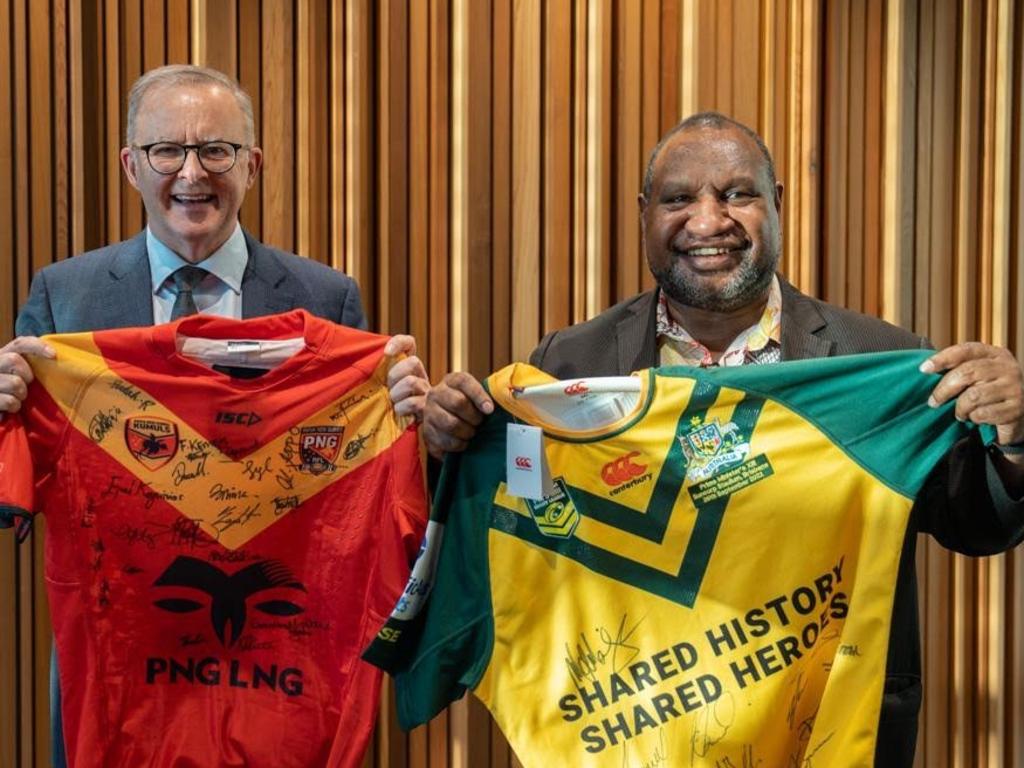
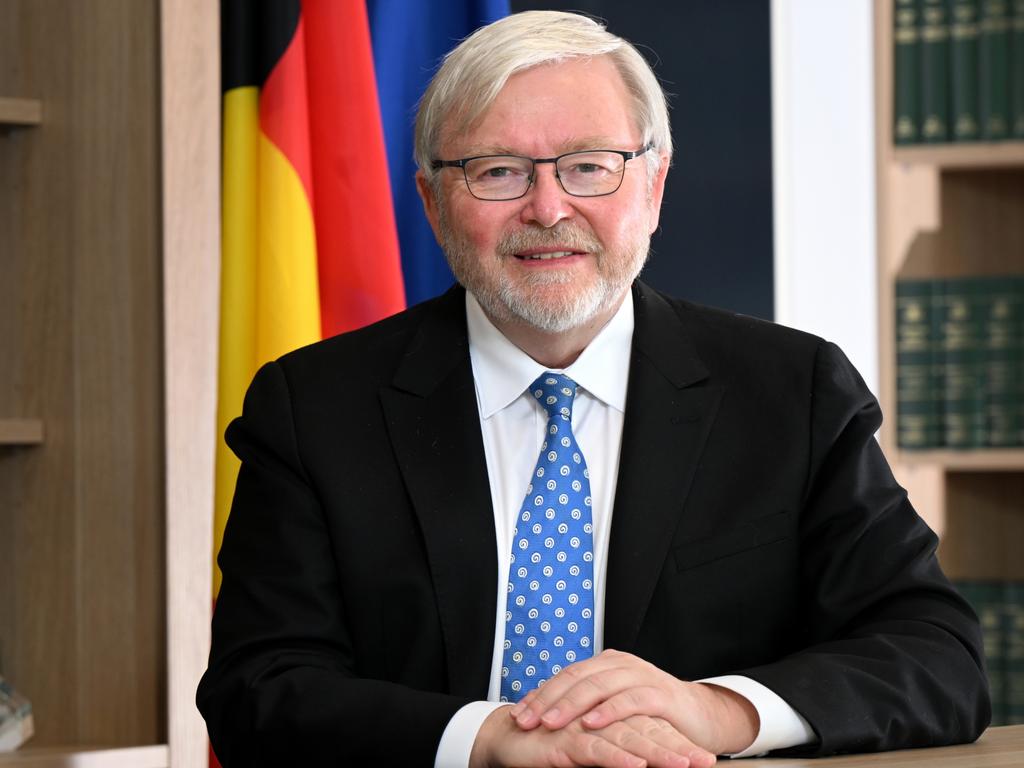
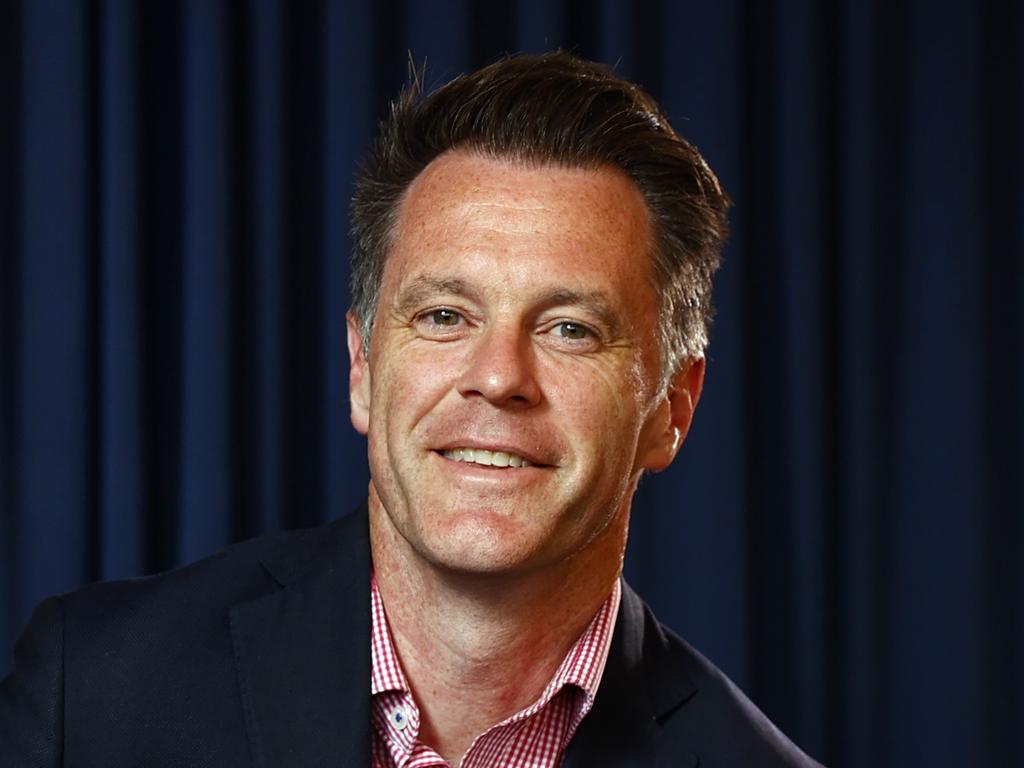


To join the conversation, please log in. Don't have an account? Register
Join the conversation, you are commenting as Logout